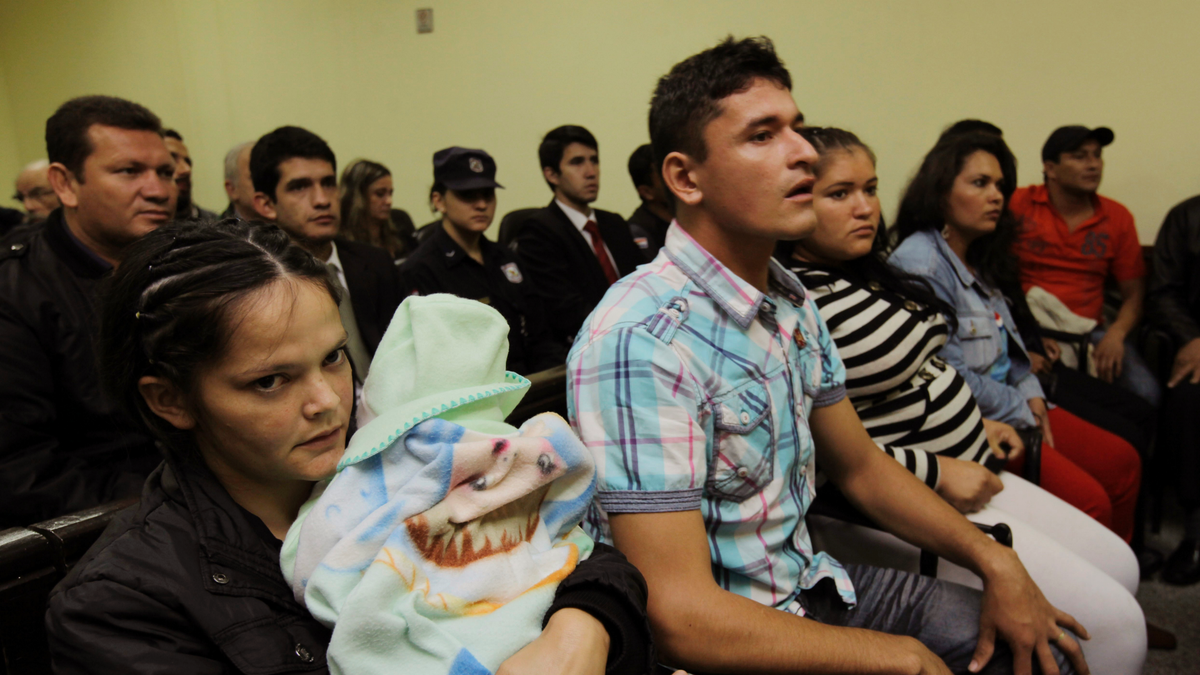
ASUNCION, Paraguay – The Paraguayan government expressed "discomfort" Monday over a tweet by Britain's ambassador that reacted to the acquittal of peasants convicted in the killing of police officers in a land dispute.
The Supreme Court overturned the 2016 conviction of the 12 poor farmers Friday citing a lack of evidence. Six police officers and 11 peasants were killed in 2012 when clashes broke out during the forced eviction of peasants occupying a disputed soy farm.
British Ambassador Matthew Hedges tweeted: "How beautiful is the smile of freedom," above a photo of one of the freed men who is seen smiling and embracing a woman.
Foreign Minister Eladio Loizaga said at a news conference that he called in Hedges to express his discomfort over the message. Politicians opposed to then-President Fernando Lugo seized on the "Massacre of Curuguaty" to vote him out of office, saying he mismanaged the dispute that led to bloodshed on June 15, 2012.
More than 300 farmers had occupied land owned by a rich politician that they insisted wasn't legally his. Shooting broke out during negotiations, leaving the 17 dead.
Hedges told reporters he was only reacting to a "human moment" after the defendants were freed by the top court's decision. He said that he was surprised by the Paraguayan government's comments, but that he will keep communicating directly with the people, because that's "modern diplomacy."
Farmers and their supporters argued the official investigation focused only on the deaths of the police officers in a one-sided effort to make an example of the protesters and protect the interests of powerful landowners. Authorities charged the defendants with criminal association, trespass and murder.
The dispute was decades in the making.
The area's poor residents allege the land was stolen from the state by Sen. Blas Riquelme, a leader of the Colorado Party that backed dictator Alfredo Stroessner from 1954 to 1989 and has dominated the nation's politics almost uninterruptedly ever since.
Riquelme, who died of a stroke in 2012 at age 83, took over the property in 1964, benefiting from a Stroessner law that granted free title to any adult male willing to farm fallow land. So many military officers, politicians and businessmen took advantage of the law that nearly all of Paraguay's rural state-owned land was in private hands by the end of the dictatorship.
After years of legal fights challenging Riquelme's claim, local farmers lost patience and invaded a forested corner of the 135-square-mile property.
"The Curuguaty case overall shows the profound injustices and violence behind the concentration of land in a few hands," Simon Ticehurst, Oxfam's regional director in Latin America and the Caribbean, said in a statement.
He called for the government to pursue "a comprehensive, impartial and independent investigation into the Curuguaty case without delay.
